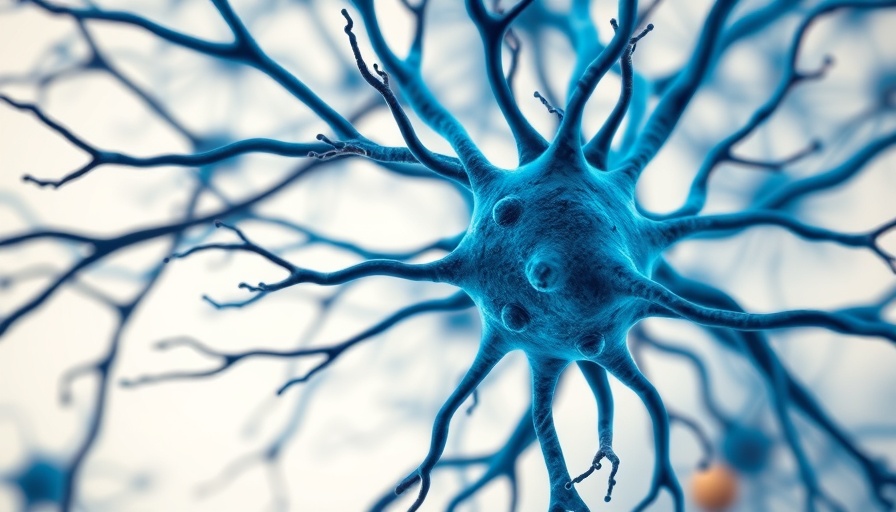
Unlocking the Human Brain: Insights Into Language and Cognition
Recent advancements in neurotechnology have opened the door to understanding complex functions like language through the meticulous tracking of single neurons in the human brain. This research is especially relevant for parents of children with autism spectrum disorder (ASD), who can benefit from new findings in cognitive therapy and autism research.
Revolutionary Technologies Enhancing Our Understanding
Cutting-edge technologies such as Neuropixels arrays allow scientists to monitor neural activity with unprecedented accuracy. This level of detail is crucial for studying human-specific cognitive functions. Unlike animal models, which cannot exhibit human-like reasoning or language processing, these technologies enable researchers to observe real-time neural coding related to memory and decision-making in awake participants.
The Historical Evolution of Neuroscience
The journey of brain research dates back to the first recordings of single neurons by early pioneers. Arthur Ward and Louis Thomas were among the first to record a neuron's activity during surgery, which has since evolved into more sophisticated techniques. These advancements benefit not only understanding of cognition but also clinical applications, including potential treatments for conditions such as epilepsy and Parkinson's disease, which many children with ASD may also experience.
The Impact on Autism Research
This cutting-edge research offers hope for the future of autism treatment. Findings related to neural coding could lead to breakthroughs in understanding the neurodevelopmental aspects of autism. With early intervention strategies informed by these insights, parents may find new therapeutic avenues to support their children's growth and development. Concepts like 'concept cells' in the brain enhance our understanding of how specific stimuli may influence learning and behavior in children with ASD.
What Lies Ahead in Neurodevelopment?
As research continues to unpack the intricacies of the human brain, future studies may vastly improve autism clinical trials and other behavioral science applications. Ongoing research is already leading to enhanced therapeutic interventions, which can help create tailored strategies for children on the autism spectrum. The potential for personalized therapy based on these findings encourages a positive outlook for many families navigating autism.
For parents of autistic children, understanding these intricate developments in neurotechnology can empower them in seeking suitable interventions and advocating for their children's needs. Explore more about how to navigate these advancements for your child's benefit.
 Add Row
Add Row  Add
Add 




 Add Row
Add Row  Add
Add 

Write A Comment